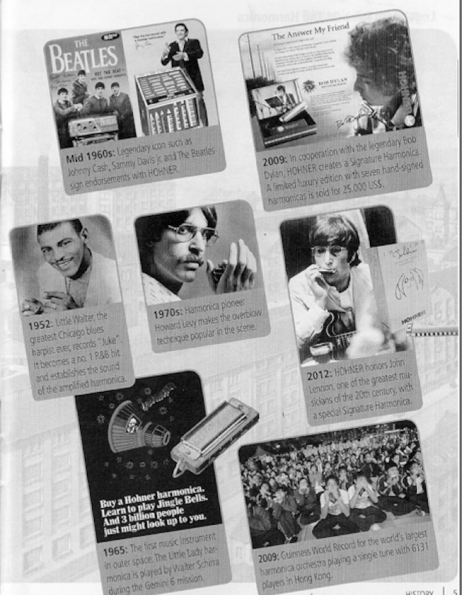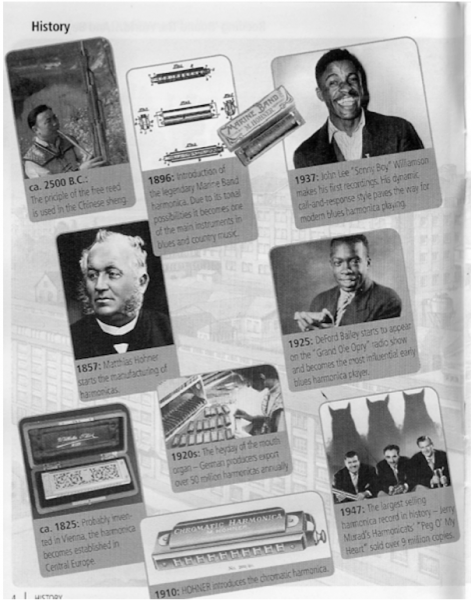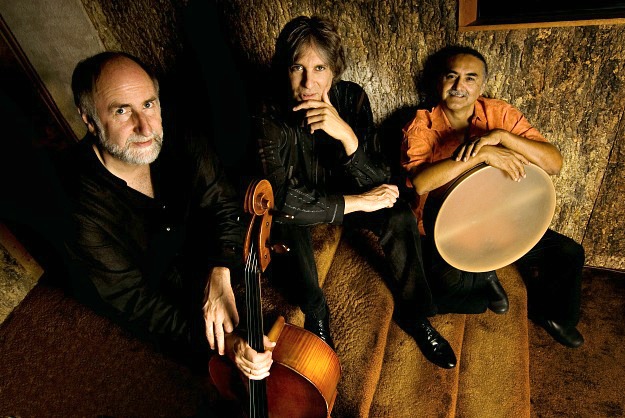The History of Harmonica: Part 2

As we saw in our previous installment, up until the 1900s the harmonica was still developing as the instrument we know it as today. It wasn’t long after the Hohner company successfully established itself however that the harmonica became more widely used, particularly in blues and country music. For the first time in history, musicians were became famous for playing harmonica. One of the most influential early blues harmonica players was Deford Baily, who in 1927 started to perform regularly on the popular “Grand Ole Opry” show.
The History of Harmonica: Part 1

The harmonica is an unassuming free reed wind instrument with a broad range of pitch and sound colors. Its portable size sparks curiosity among many, and make us wonder just how this instrument first developed and rose to popularity. Despite being associated with American music genres like blues, folk, jazz, country, and rock - the very roots of the harmonica can be traced back to the other side of the globe long before it ever reached the West.
Trio Globo in Chicago Fri and Sat
We will be at The Green Mill Friday and Saturday. I advise any of you in the Chicago area to try to make it. And please let me know if you want me to do lessons on any of the tunes. http://www.chicagomusic.org/preview-trio-globo-green-mill-june-6-7/#.U49cYS9uJj5

Harmonica Lesson: Pentatonic Scale Exercise
"Just run it up and down the pentatonic scale. You can do no wrong, every note is right." - Howard Levy
Here's a harmonica lesson from the vaults of the Howard Levy Harmonica School, it's an exercise which will help you get more familiar with the very important pentatonic scale. Howard shows you a way to practice the scale in a way that makes things a bit more interesting and gets you used to playing the notes out of order.






